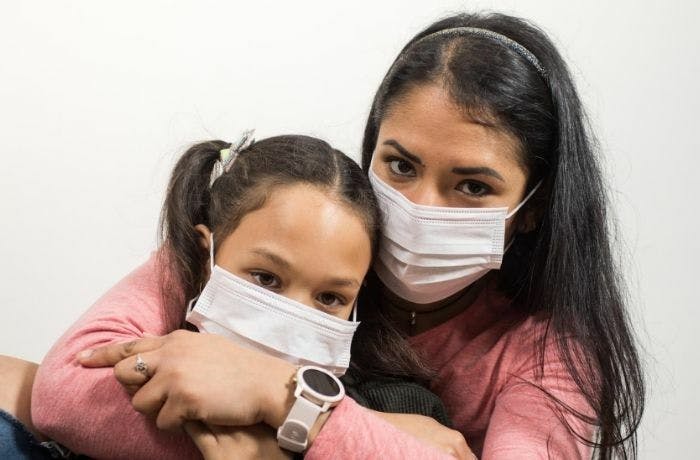COVID-19: In Color, By the Numbers (August 2020 Edition)

Inspired by the Harper's Index. Published on August 4, 2020. For more insight and resources at the intersection of COVID and race, check out these EmbraceRace curated lists: COVID resources that take race seriously and The racial impacts of COVID.
- Percentage of the CDC's COVID testing data that included race/ethnicity information as of July 28th: 48.
- Date by which U.S. laboratories reporting COVID testing data to the Department of Health and Human Services must include patient race and ethnicity: August 1st.
- Date on which the first confirmed case of coronavirus in the US was reported to the CDC: January 20th.
- Share of all deaths attributable to COVID-19 among both Hispanic Americans and Native Americans between March 8th and July 4th: 1 in 5.
- Percentage of New Mexico’s population that is Native American: 9.
- Of people in New Mexico who have died from COVID who are Native American: 75.
- Percentage by which the amount of “sooty pollution” in the air Black Americans breathe exceeds that in the air the general population breathes: 50.
- By which residence in an area of high particulate pollution increases the risk of death from COVID-19: 15.
- Number of community testing sites in the majority-White University Park neighborhood of Dallas (pop. 25,000): 5.
- Number of community testing sites in majority-Black Lancaster, TX (pop. 39,000): 1.
- Of the 100 largest COVID clusters in the US, the number in correctional facilities: 87.
- Number of confirmed COVID cases among detainees at US immigrant detention facilities, as of July 29th: 944.
- Percentage of children with the pediatric post-COVID syndrome MIS-C who are Black or Hispanic/Latino, as of July 15th: 71.
- Percentage who are White: 15.
- Percentage whose race/ethnicity is unknown: 9.
- Portion of Asian Americans who have witnessed someone blaming Asians for the pandemic: 3 in 5.
- Share of Black and White Americans who feel that worry or stress related to coronavirus has had a negative impact on their mental health: 7 in 10, 5 in 10.
- Percentage of Black and Hispanic Americans who fear they will be unable to pay August rent, as of July 14th: 45.
- Of White Americans with the same fear: 23.
- Percentage of Black, White, Latinx, and Asian American women who have less than $200 in savings, according to a recent national survey: 55, 37, 60, 31.
- Odds that a parent of color says schools should remain closed until the risk of COVID-19 transmission is as low as possible: 3 in 4.
- Odds that a White parent says this: 1 in 2.
- Percentage of parents of color who worry their children will not have enough to eat if schools do not reopen in the fall: 44.
- Of White parents with the same worry: 9.
- Odds that a parent of color worries that their child will not have access to the technology needed for online learning if schools do not reopen in-person: 1 in 2.
- Odds that a White parent shares that concern: 1 in 6.
- Per-student spending in Salisbury, Connecticut, where 83 percent of students are white: $22,909.
- Per-student spending in Bridgeport, Connecticut, where 87 percent are students of color: $14,041.
- Percentage of white Americans who plan to get vaccinated against coronavirus when the time comes: 56.
- Of Black and Hispanic Americans who do: 25, 37.
More COVID-19: In Color, By the Numbers
Get Insights In your Inbox
Join our community and receive updates about our latest offerings - resources, events, learning groups, and news about all matters race and kids in the US.
Subscribe


